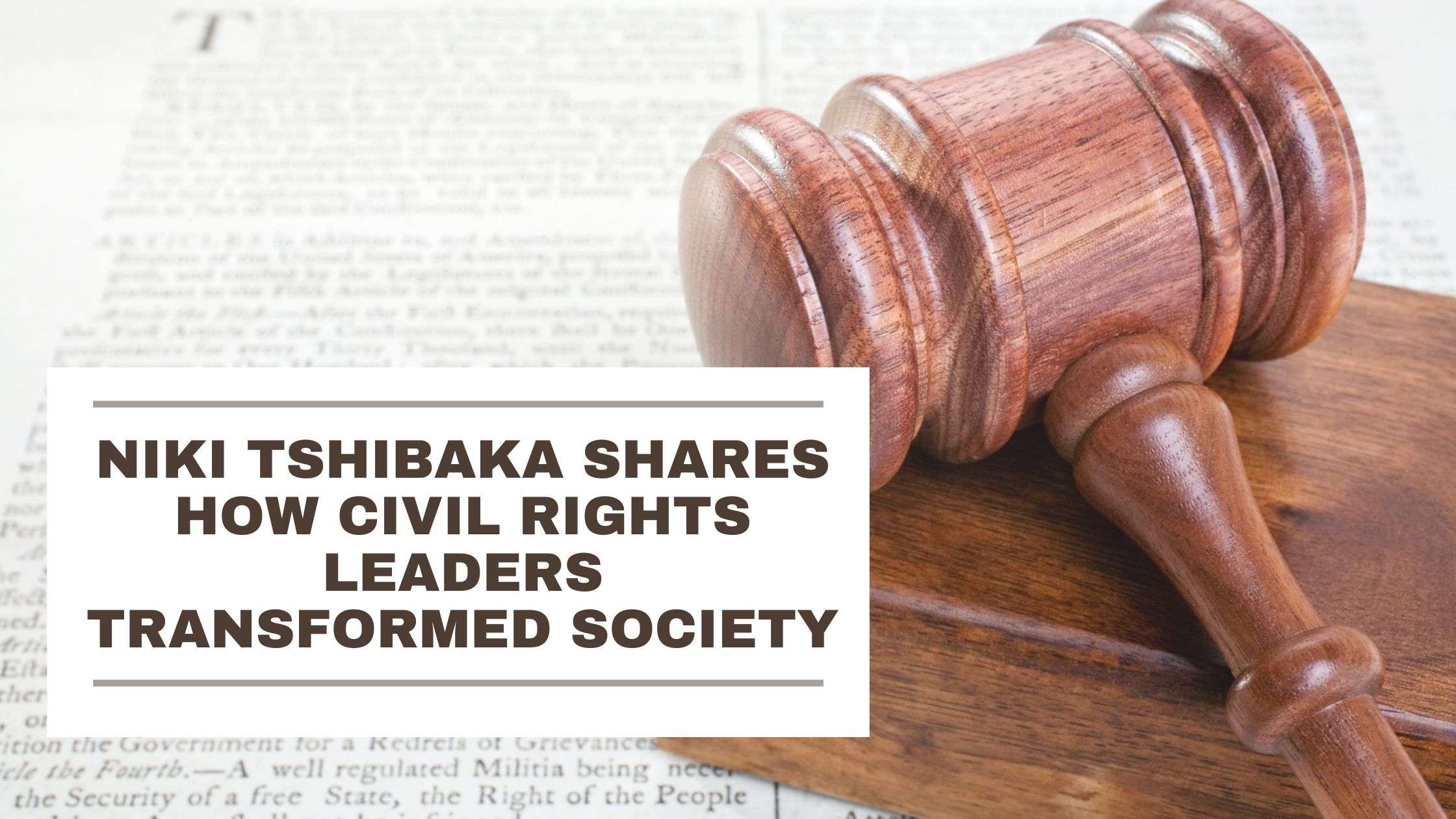Civil rights leaders have had a huge impact on shaping modern American society. Their efforts for justice and equality have influenced everything from politics to culture. Niki Tshibaka explains how these leaders fought for change, often at great personal risk, and how their work continues to inspire people today.
The Foundations of the Civil Rights Movement
The Civil Rights Movement in the 1950s and 1960s marked a critical time in the fight for racial equality in America. Key leaders like Martin Luther King Jr., Rosa Parks, and Malcolm X led the charge against segregation and discrimination. Niki Tshibaka emphasizes that the importance of these leaders isn’t just in what they achieved during their lifetimes, but in the long-lasting effects they had on American society.
The Civil Rights Act of 1964 and the Voting Rights Act of 1965, which came about because of their efforts, were major legal victories. These laws helped end racial segregation and ensured African Americans had the right to vote. Niki Tshibaka points out that these laws created the foundation for further progress in the fight for social justice.
Changing Education and Employment Opportunities
Civil rights leaders also transformed society by pushing for equality in education and employment. Before the Civil Rights Movement, African Americans faced serious barriers to getting a good education and finding jobs. Figures like Thurgood Marshall and the Southern Christian Leadership Conference (SCLC) worked hard to challenge these obstacles.
Niki Tshibaka highlights how the integration of schools and colleges gave African Americans the chance to pursue better education and career opportunities. Today, workplaces are more inclusive, thanks to the work of these civil rights leaders. Their advocacy opened the door for more diversity in modern workplaces, ensuring that all people, regardless of race, have equal chances.
Cultural and Social Change
In addition to legal victories, the cultural and social shifts that came from the Civil Rights Movement were just as important. Civil rights leaders worked to change public attitudes about race and identity, helping to create a more accepting society. Over time, their efforts allowed for greater representation of African Americans in media and culture.
Thanks to the Civil Rights Movement, the arts and entertainment industry began to include more voices from the African American community. Niki Tshibaka notes that artists like James Baldwin, Maya Angelou, and Nina Simone used their art to speak out about racism and push for social change. Their contributions helped shape modern American culture.
The Legacy of Civil Rights Leaders
The legacy of civil rights leaders continues to affect our society today. While the fight for equality is still ongoing, the progress we have made is a direct result of their work. From the election of Barack Obama as the first African American president to the ongoing push for racial equality, civil rights leaders paved the way for these achievements.
Niki Tshibaka shares that the fight for equality is far from over, but the progress made so far is a testament to the sacrifices made by civil rights leaders. Their work laid the foundation for a more just society, and their legacy reminds us that activism plays a critical role in creating change.
Conclusion
In conclusion, Niki Tshibaka explains that civil rights leaders have deeply transformed American society. Their fight for justice and equality reshaped the country in ways that are still felt today. As we reflect on their legacy, it’s clear that their work has made America a more fair and inclusive place for everyone.
Click here: https://www.f6s.com/niki-tshibaka
